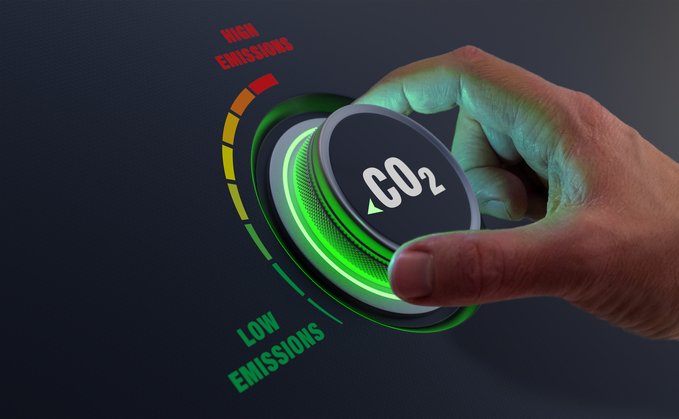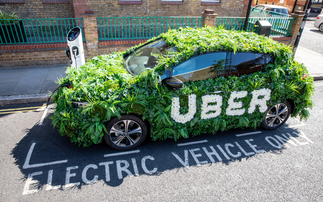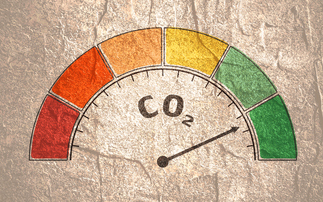Credit: iStock
Carbon credit standards body estimates efforts to move beyond tackling value chain emissions could unlock more than $20bn in funding from the world's top corporates
Carbon credit certification programme Gold Standard has teamed up with environmental platform Milkywire and climate fund Murmur to release a new step-by-step guide to help companies develop so-called beyond value chain mitigation (BCVM) strategies to tackle their emissions.
BCVM refers to emissions that originate beyond a company's operations or supply chain, but which they could still have an impact on, primarily through their advocacy or support for carbon removal projects, methane reduction, forest protection, or other economy-wide decarbonisation efforts.
The concept was recently the subject of two new reports from the Science Based Target's Initiative (SBTi), which explored the potential business case and emerging best practices for BCVM strategies.
Today's new report looks to build on this work by providing businesses with advice on how to develop a BCVM strategy.
"This step-by-step guide demystifies the process for businesses striving to develop a Beyond Value Chain Mitigation Strategy," said Margaret Kim, chief executive at Gold Standard. "It provides clear instructions for each of the four steps required: emissions accounting; setting an internal carbon fee; investing in impactful initiatives; and making credible claims about your actions."
The report argues that by adopting a BVCM approach companies can stay ahead of upcoming regulations, including the EU's proposed law on green claims, and help boost flows of climate finance.
Advocates of BCVM maintain that it can also help companies avoid accusations of greenwash that are associated with some carbon offset projects, while still providing funding for climate mitigation projects outside of their organisation.
Gold Standard estimated an additional $23bn could be raised for climate initiatives if the top 250 countries in the world followed the guide's recommended approach of setting a carbon fee and using the resulting revenues to support high impact projects.
The guide was welcomed by Lene Petersen, senior manager climate and business at WWF Switzerland, who said: "Seeing Gold Standard and partners promoting the introduction of carbon fees for climate action beyond value chain is a much-needed signal for companies wanting to develop good BVCM practices. We hope to see ambitious carbon fees and much of the funds going to holistic and durable interventions with positive benefit for people, nature and climate."
Gold standard said it is now planning to host an 'exploratory group' on BVCM where it will help companies and members understand key elements of its guidance, create an environment for peer-to-peer learning, and provide feedback based on practical experience.
Could you or a colleague be recognised at the inaugural Women in Green Business Awards? You can submit your nominations for the awards now.







